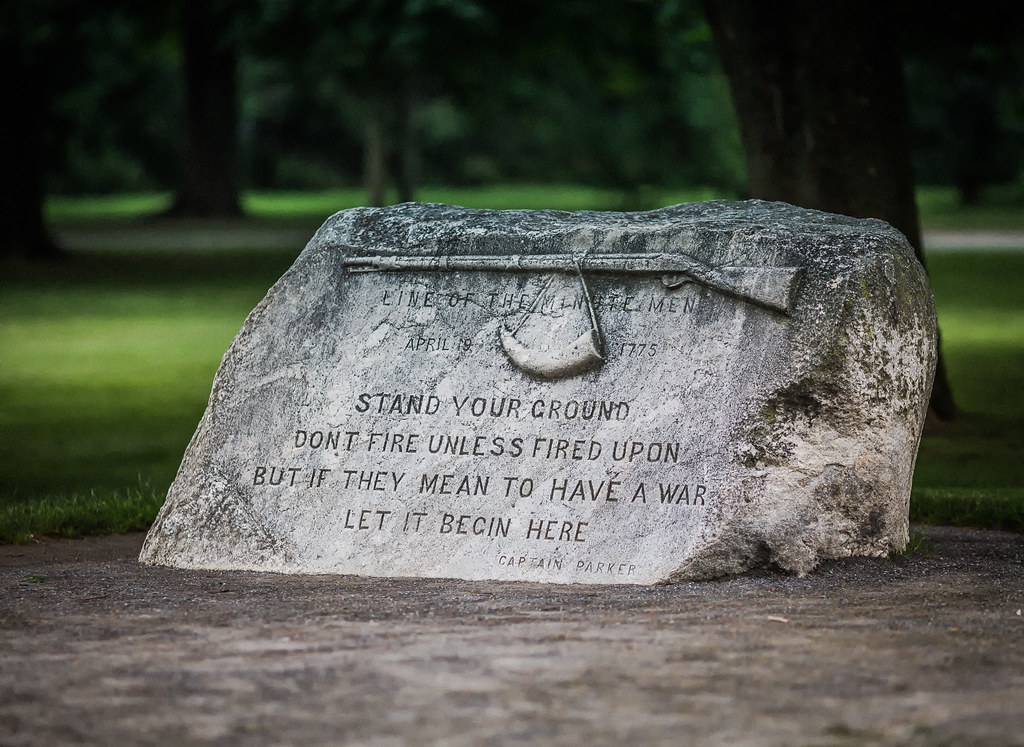 | "Only when we realize that there is no eternal, unchanging truth or absolute truth can we arouse in ourselves a sense of intellectual responsibility." Hu Shih (1890-1962) |
Hu's international stature was enhanced by his frequent presence in the United States, particularly his high-profile tenure as Chinese ambassador from 1938 to 1942. During that time, he rallied support for his homeland-then under Japanese assault-and after World War II served as a delegate to the San Francisco conference that established the United Nations. Hu became chancellor of Beijing University in 1946, but after the communist revolution in China two years later relocated to Taiwan, where he eventually would lead the Academia Sinica, a leading research institute. Always outspoken in favor of democracy and human rights, Hu served for a time in the nationalist government's Assembly of Delegates. |
Viewpoints from inside and outside the Columbia community about the impacts of the University. |
 | Write Columbia’s History Ric Burns at Columbia's Birthplace Butler Did It Our Past Engaged: Four Turning Points in Columbia's Recent History Stand, Columbia Looking Back Parting Thoughts |
 | Journalist Claire Shipman (Columbia College 1986; SIPA 1994) on the character of Columbia students. NBA Commissioner David Stern (Law 1966) on Columbia and the city. |
A piece of US History

John Parker (July 13, 1729 – September 17, 1775) was an American colonial farmer, mechanic, soldier, and colonial militia officer who commanded the Lexington, Patriot, colonial militia at the Battle of Lexington on April 19, 1775.
One of Parker's company, many years later, recalled Parker's order at Lexington Green to have been, "Stand your ground. Don't fire unless fired upon, but if they mean to have a war, let it begin here." Paul Revere recalled it as having been "Let the soldiers pass by. Do not molest them without they begin first".
Stand Your Ground, Don't Fire Unless Fired Upon. But if They Mean to Have a War, Let it Begin Here - Lexington, Mass

沒有留言:
張貼留言